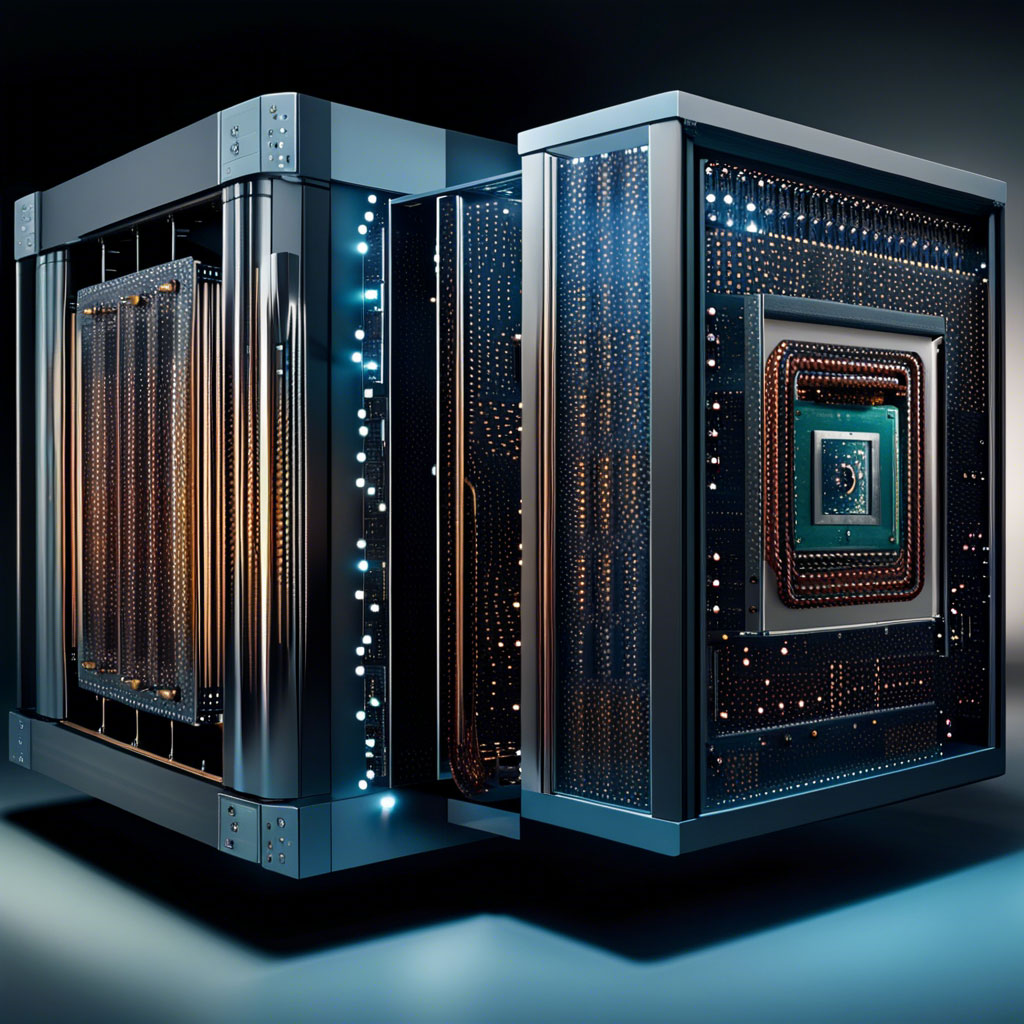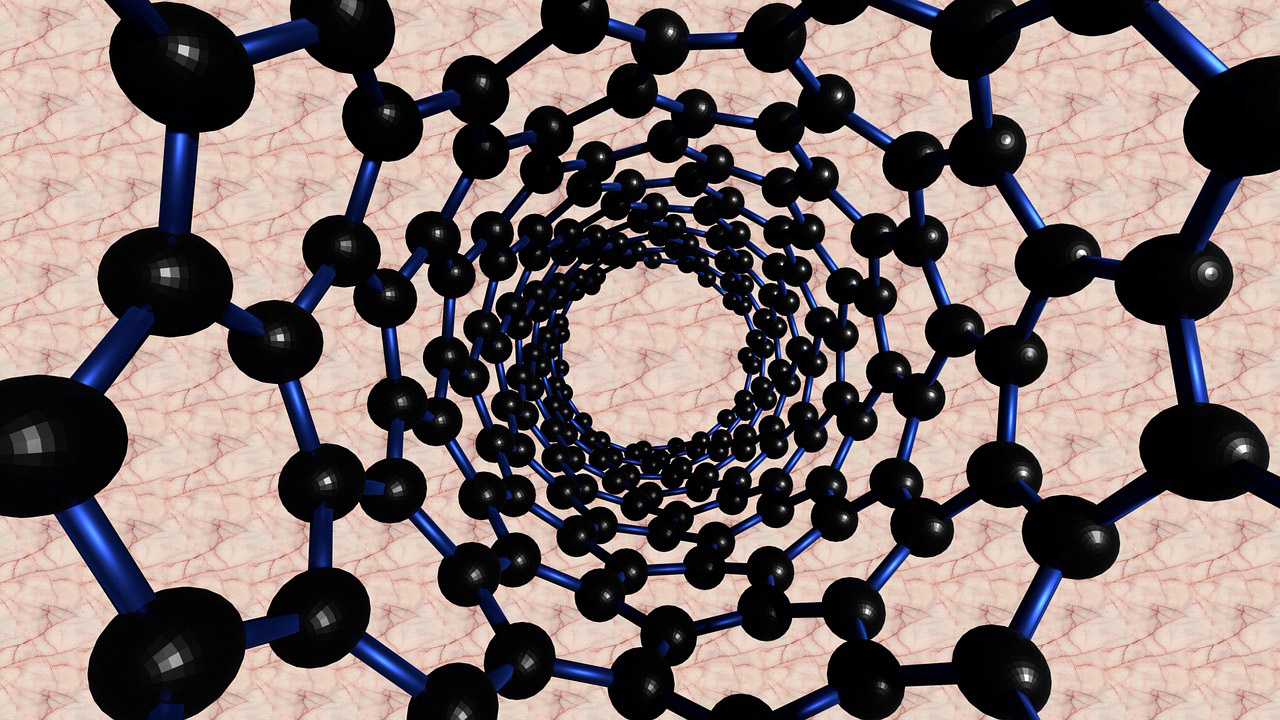Graphene: A Promising Material for the Future of Quantum Computing
The race to build a functional and powerful quantum computer is well underway. While current technology faces hurdles in qubit stability and processing speed, new materials like graphene are emerging as potential game-changers. This article explores the unique properties of graphene and how it could revolutionize quantum computing, potentially paving the way for advancements in AI tools like ChatGPT, AGI (Artificial General Intelligence), AI Video Generator, and AI Image Generator.
The Challenge of Quantum Computing
Traditional computers rely on bits, which can be either 0 or 1. Quantum computers utilize qubits, which can exist in a superposition of both states simultaneously. This unlocks the potential for massive parallel processing, allowing quantum computers to tackle problems intractable for classical computers. However, maintaining qubit coherence (their ability to hold information) is a significant challenge.
Graphene’s Unique Potential
Graphene, a single layer of carbon atoms arranged in a honeycomb lattice, possesses remarkable properties that make it highly attractive for quantum computing applications.
- Exceptional Conductivity: Electrons in graphene move with exceptional speed due to its unique structure. This could translate to faster processing times in quantum computers.
- Spintronics and Valleytronics: Graphene exhibits unique spin and valley properties. These could be harnessed to encode information in qubits, potentially leading to more robust and error-resistant quantum computation.
- Superconducting Qubits: Researchers are exploring the possibility of using graphene to create superconducting qubits, a promising avenue for achieving stable qubits at higher temperatures.
Impact on AI Tools
The development of a powerful quantum computer would significantly impact the field of Artificial Intelligence (AI). Here’s how advancements in graphene-based quantum computing could influence the development of AI tools:
- Drug Discovery and Materials Science: Quantum computers could accelerate drug discovery and materials science simulations by AI tools like ChatGPT, allowing for faster development of new medicines and materials.
- AGI Development: Powerful quantum computers could provide the processing power needed to achieve breakthroughs in AGI research.
- Enhanced AI Video and Image Generation: The ability to process massive datasets efficiently could lead to the creation of more realistic and creative AI Video Generators and AI Image Generators.
The Road Ahead
While graphene holds immense promise for quantum computing, significant research and development are still needed. Challenges include manipulating graphene at the atomic level and integrating it with existing quantum computing architectures.
The potential rewards, however, are substantial. Graphene-based quantum computers could usher in an era of unprecedented computing power, leading to breakthroughs in various fields, including AI. This, in turn, could accelerate the development of advanced AI tools like ChatGPT, AGI, AI Video Generators, and AI Image Generators, shaping the future of technology in ways we can only begin to imagine.





Leave A Comment